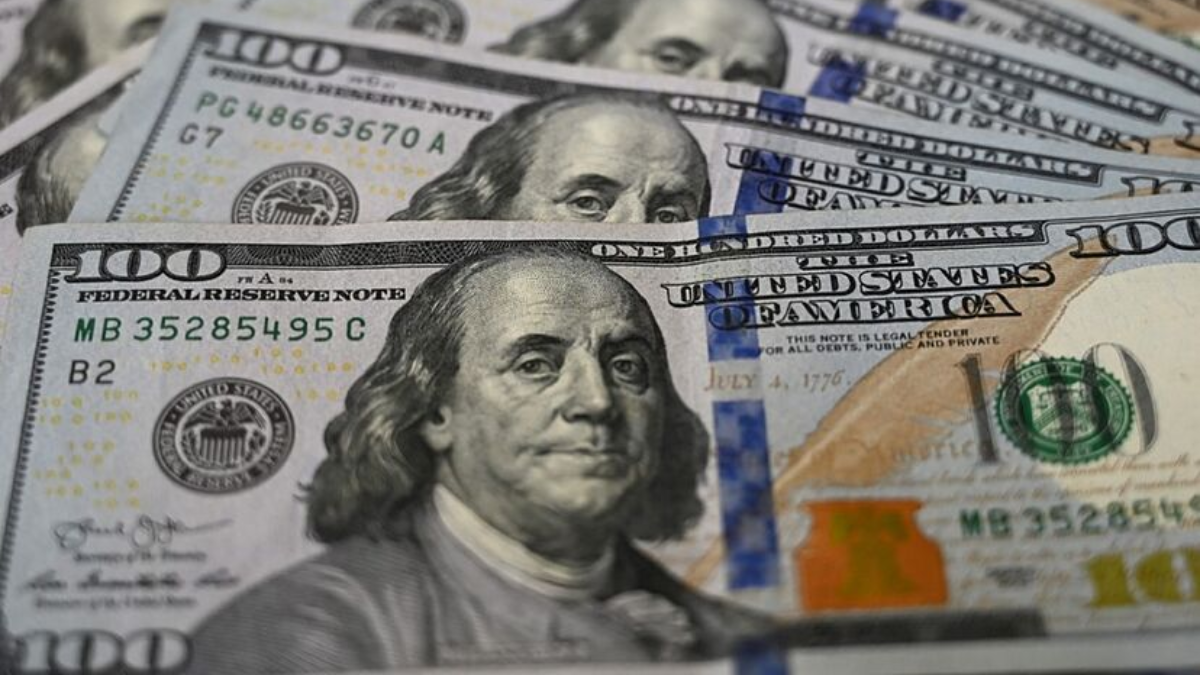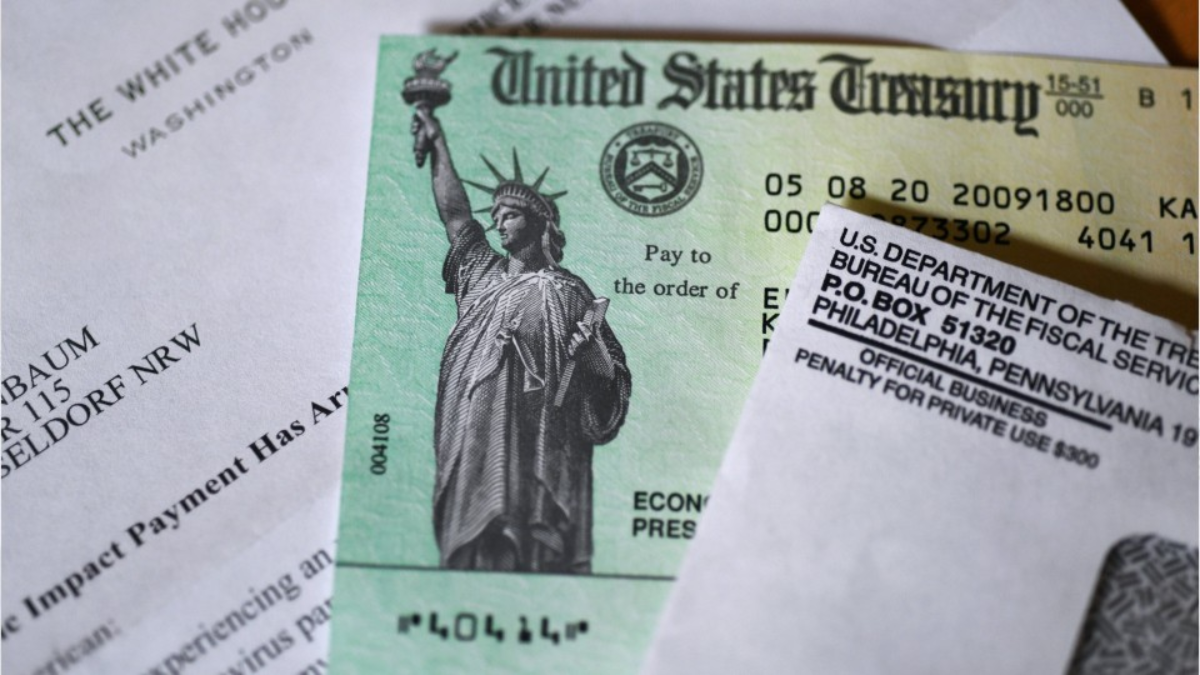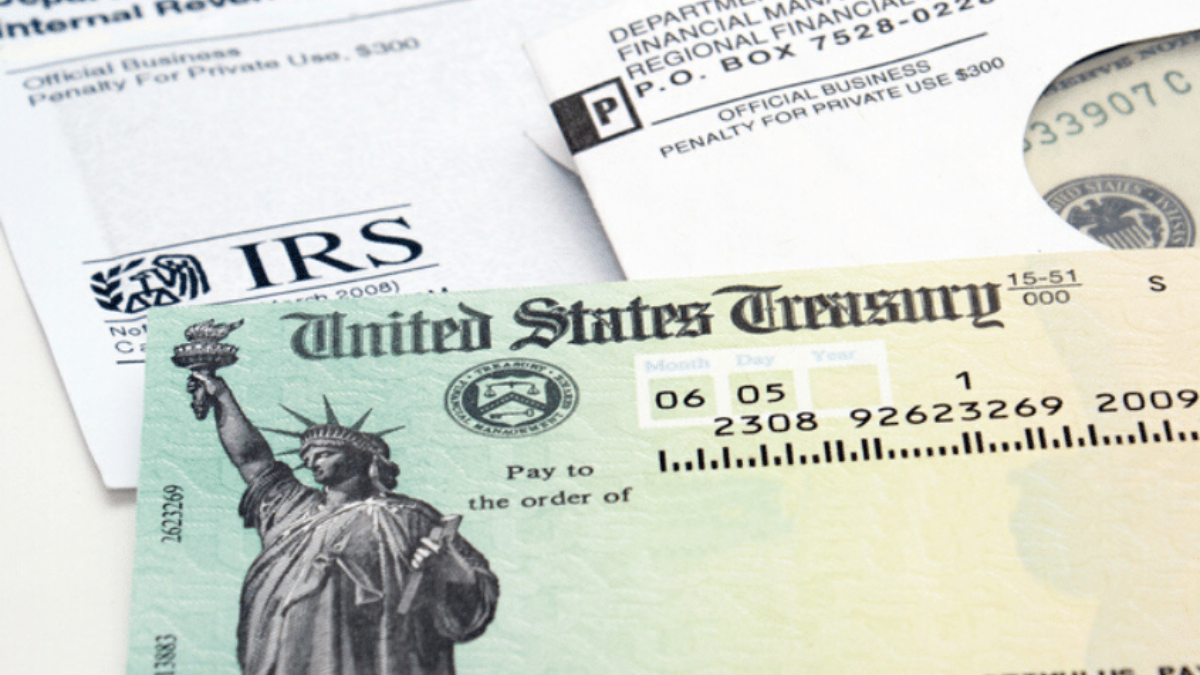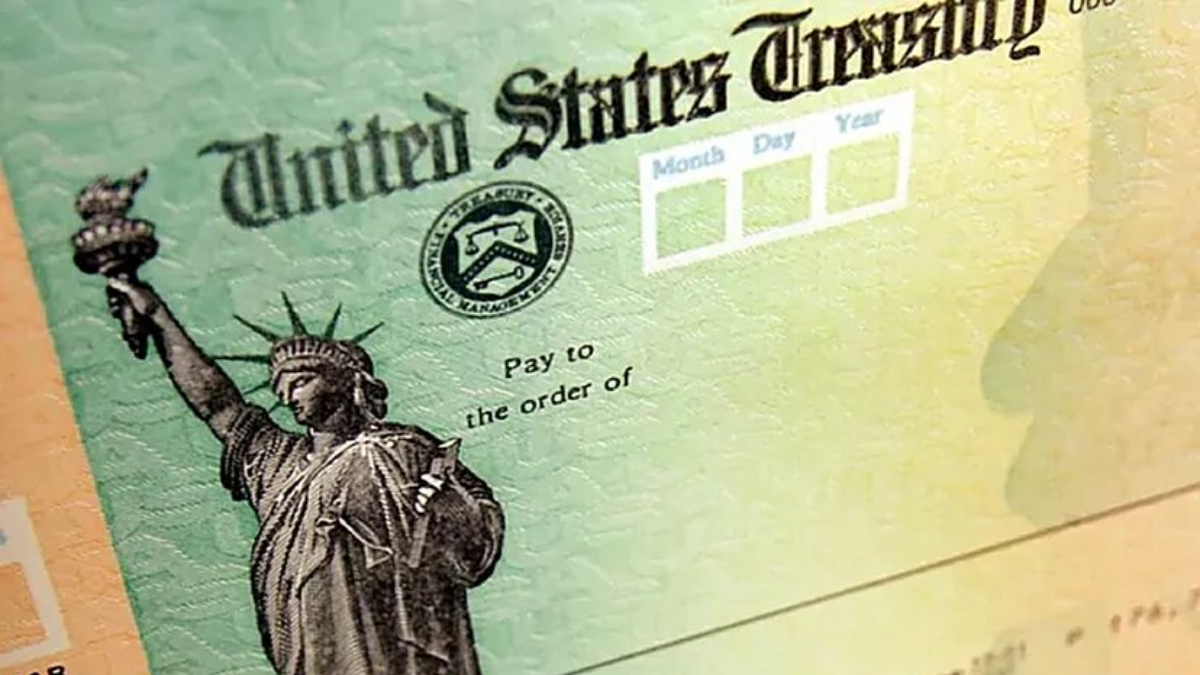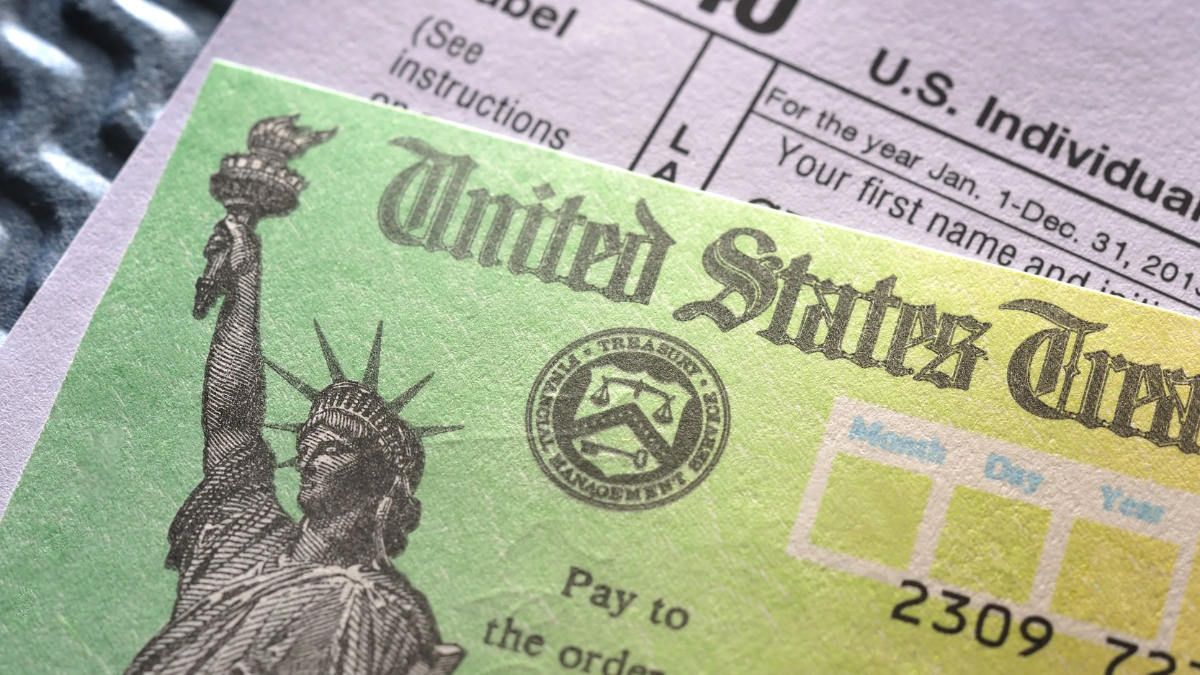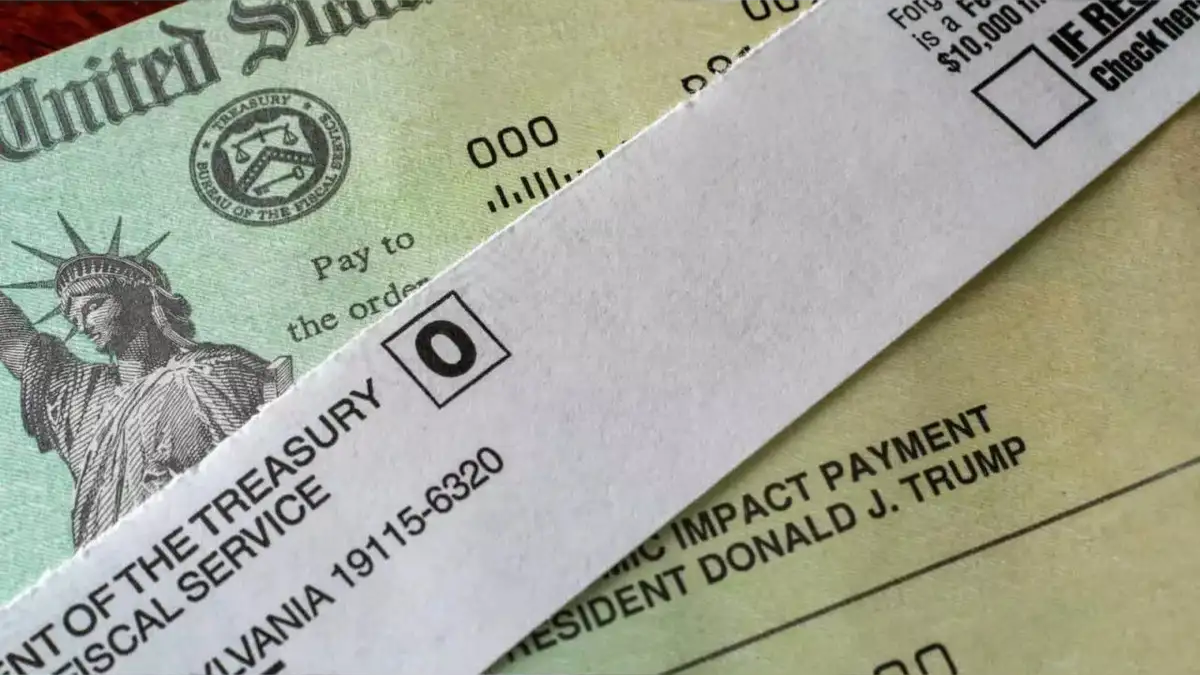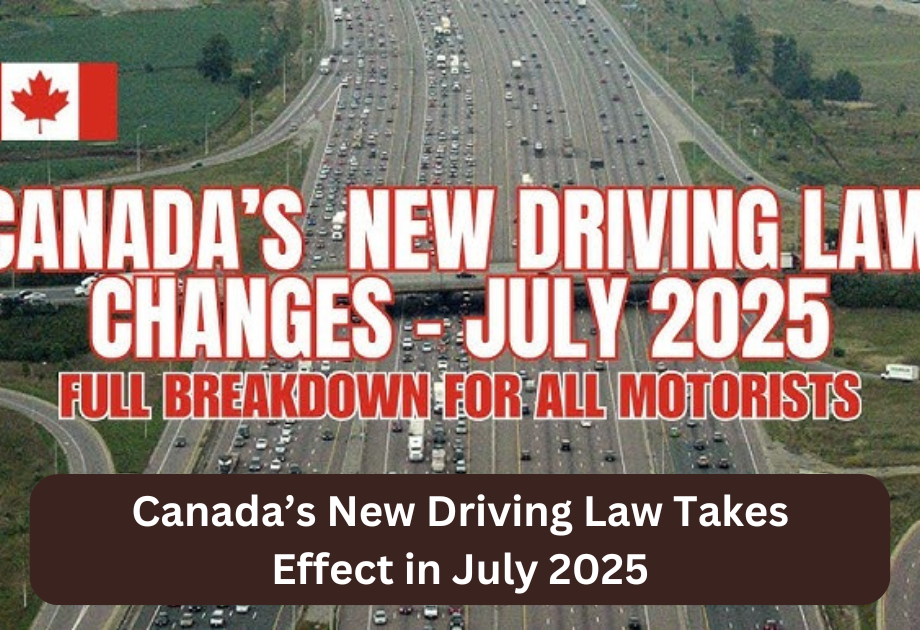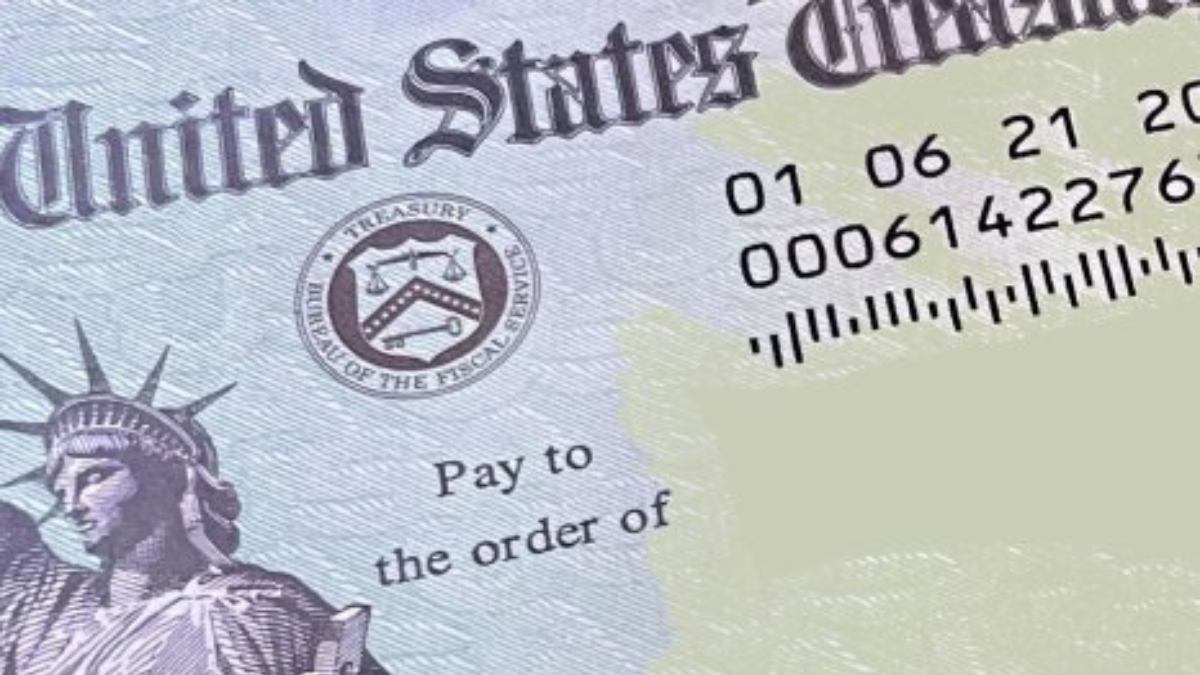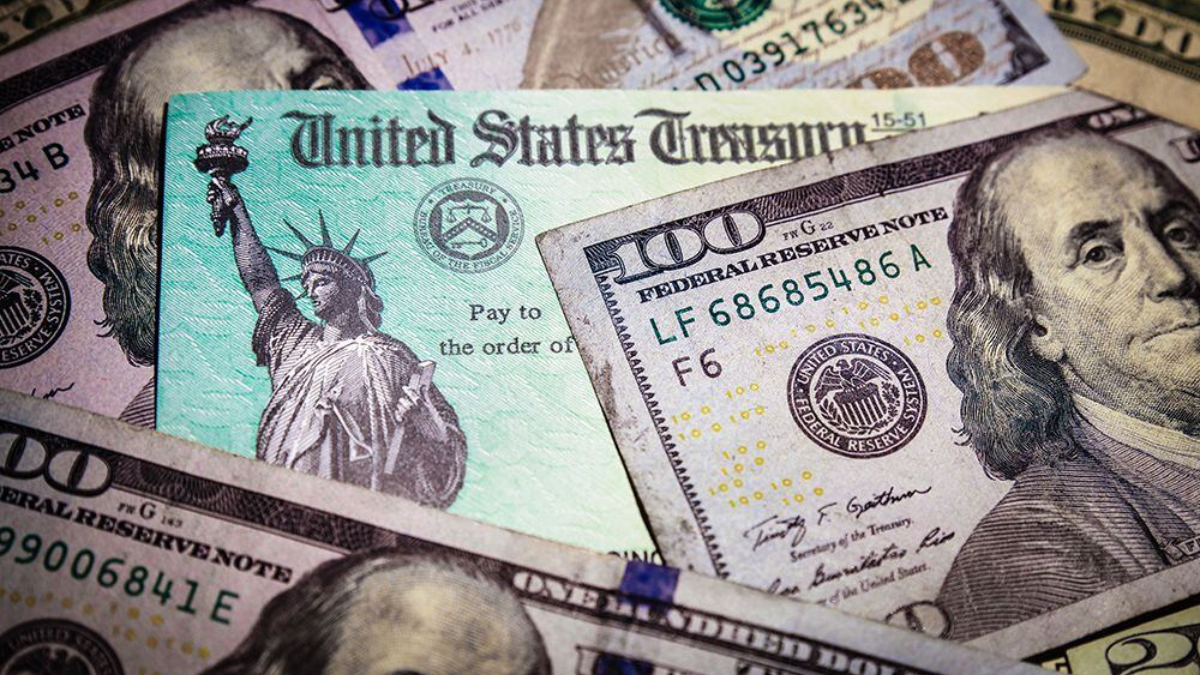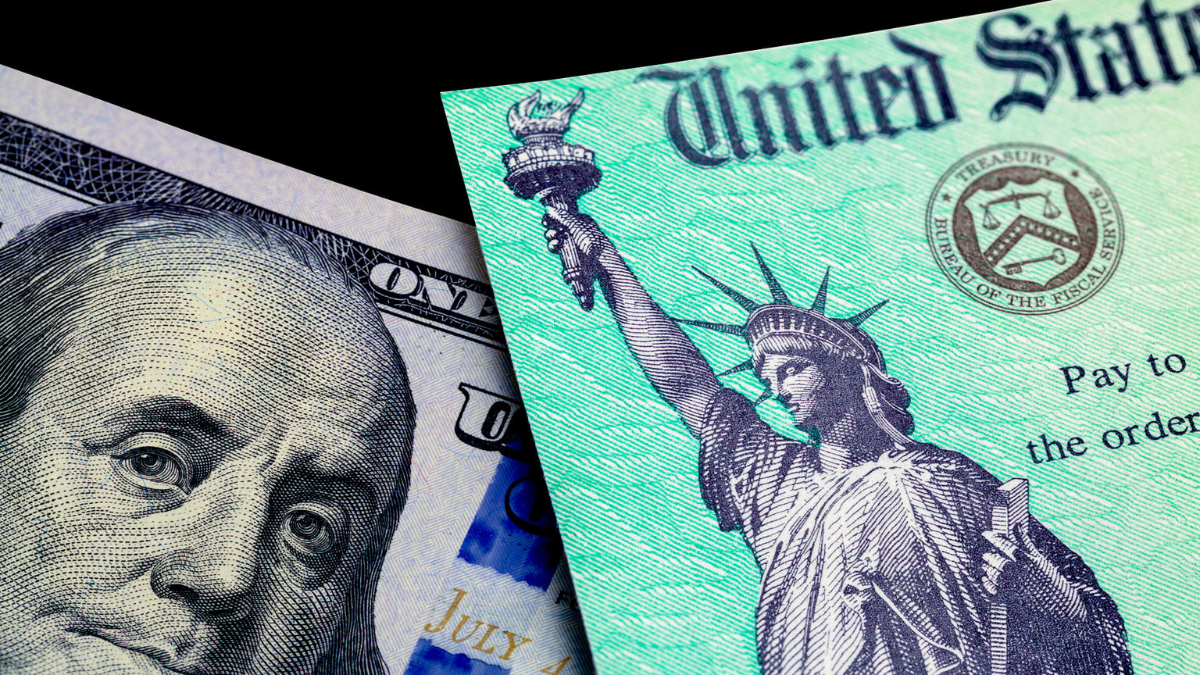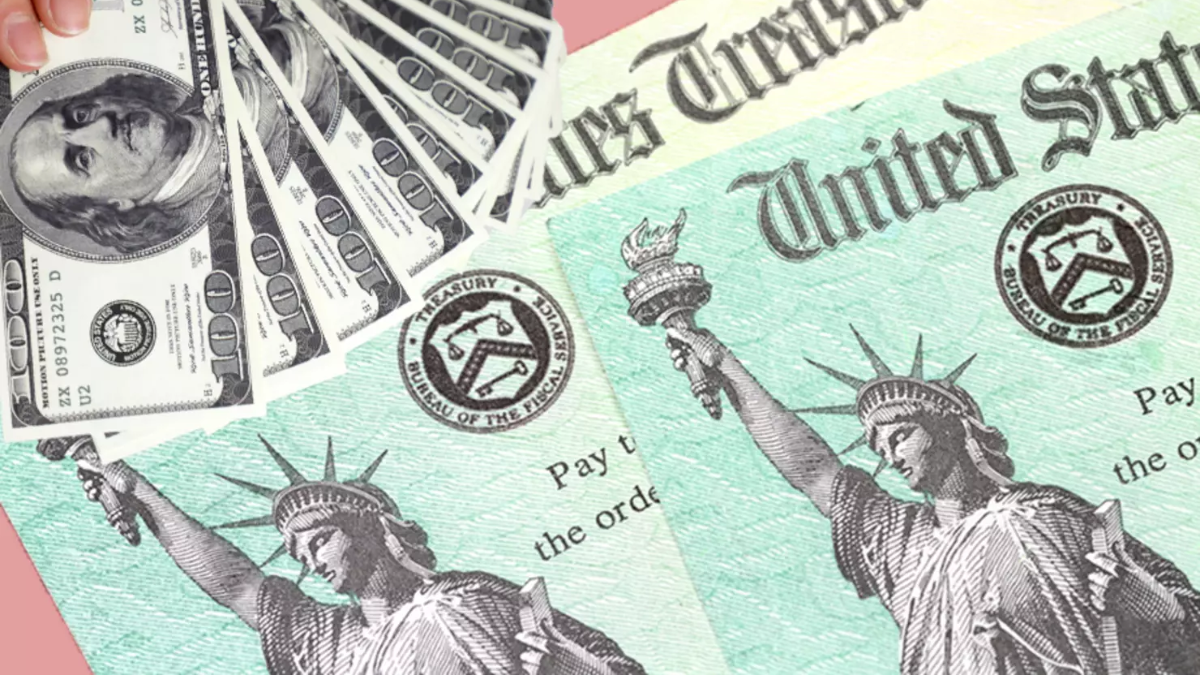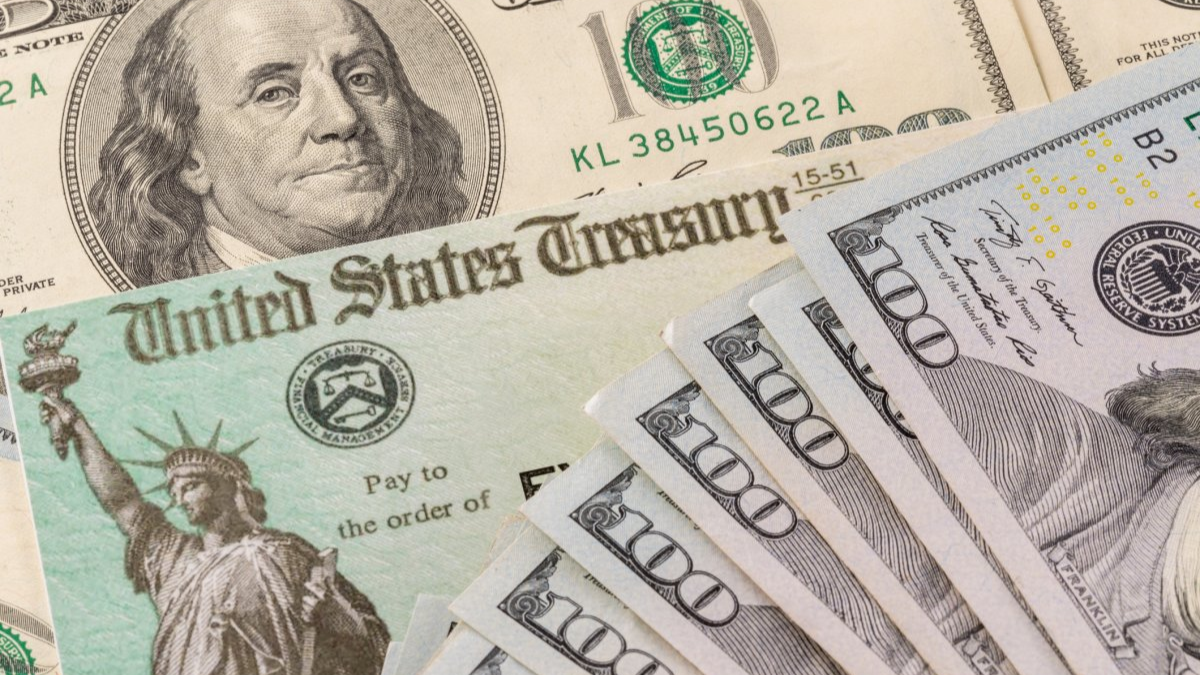North Carolina residents are in for some welcomed relief as the state rolls out a $2,900 direct aid payment for eligible individuals and families. Designed to support those affected by inflation, job loss, or rising living costs, the payment is part of a broader state-funded economic recovery initiative set for distribution starting in July 2025.
Eligibility Criteria for the $2,900 Aid
To qualify for the $2,900 payment, applicants must meet specific income and residency requirements. Recipients must be permanent residents of North Carolina, at least 18 years old, and have an individual income of $75,000 or less or $150,000 or less for joint filers. Special consideration is being given to unemployed individuals, single parents, and low-income households. Those receiving SNAP, TANF, Medicaid, or unemployment benefits may be automatically enrolled.
Payment Distribution Timeline & Method
The state has confirmed that payments will begin July 22, 2025, and continue through early August. Most recipients will receive their aid via direct deposit if they have banking information on file with the state Department of Revenue or unemployment office. Others will receive paper checks mailed to their registered address. The payments are one-time, tax-free, and will not affect other benefit eligibility.
| Category | Details |
|---|---|
| Aid Amount | $2,900 |
| Residency Requirement | North Carolina permanent resident |
| Individual Income Limit | $75,000 |
| Joint Income Limit | $150,000 |
| Distribution Start Date | July 22, 2025 |
| Payment Method | Direct deposit or mailed check |
How to Apply or Confirm Enrollment
Most qualified individuals do not need to apply, especially if they already receive state-administered benefits. However, if you haven’t filed taxes in 2024 or are unsure of your eligibility, you can check your status and apply through the North Carolina Department of Health and Human Services (NCDHHS) or state tax portal. Ensure your contact details and bank information are updated to avoid delays.
What If You Don’t Receive It?
If you believe you qualify but haven’t received your payment by August 10, you’re advised to contact the NCDHHS helpline or check the state’s aid status tracker. Delays may occur due to missing or outdated records, especially for those who recently moved or changed banks. In such cases, re-verification may be required.
The $2,900 direct aid payment in North Carolina comes as a significant financial cushion for residents navigating high living expenses. By targeting low- and moderate-income families, the state ensures that those who need it most receive timely support. Eligible residents are encouraged to act now—verify details, track updates, and prepare to receive funds by the end of July.
FAQ’s:
1. Do I need to apply for the $2,900 aid if I’m on Medicaid or SNAP?
No. You’ll be enrolled automatically if your information is current with state systems.
2. Is the aid payment considered taxable income?
No, it is a non-taxable payment and won’t affect your taxes or benefit eligibility.
3. What if I recently changed my bank account?
Update your direct deposit information with the state tax portal immediately.
4. Can undocumented residents receive this aid?
Only legal residents with valid Social Security or ITIN numbers are eligible.
5. Where can I track my payment status?
Visit the North Carolina aid portal or call the NCDHHS helpline for real-time updates.
